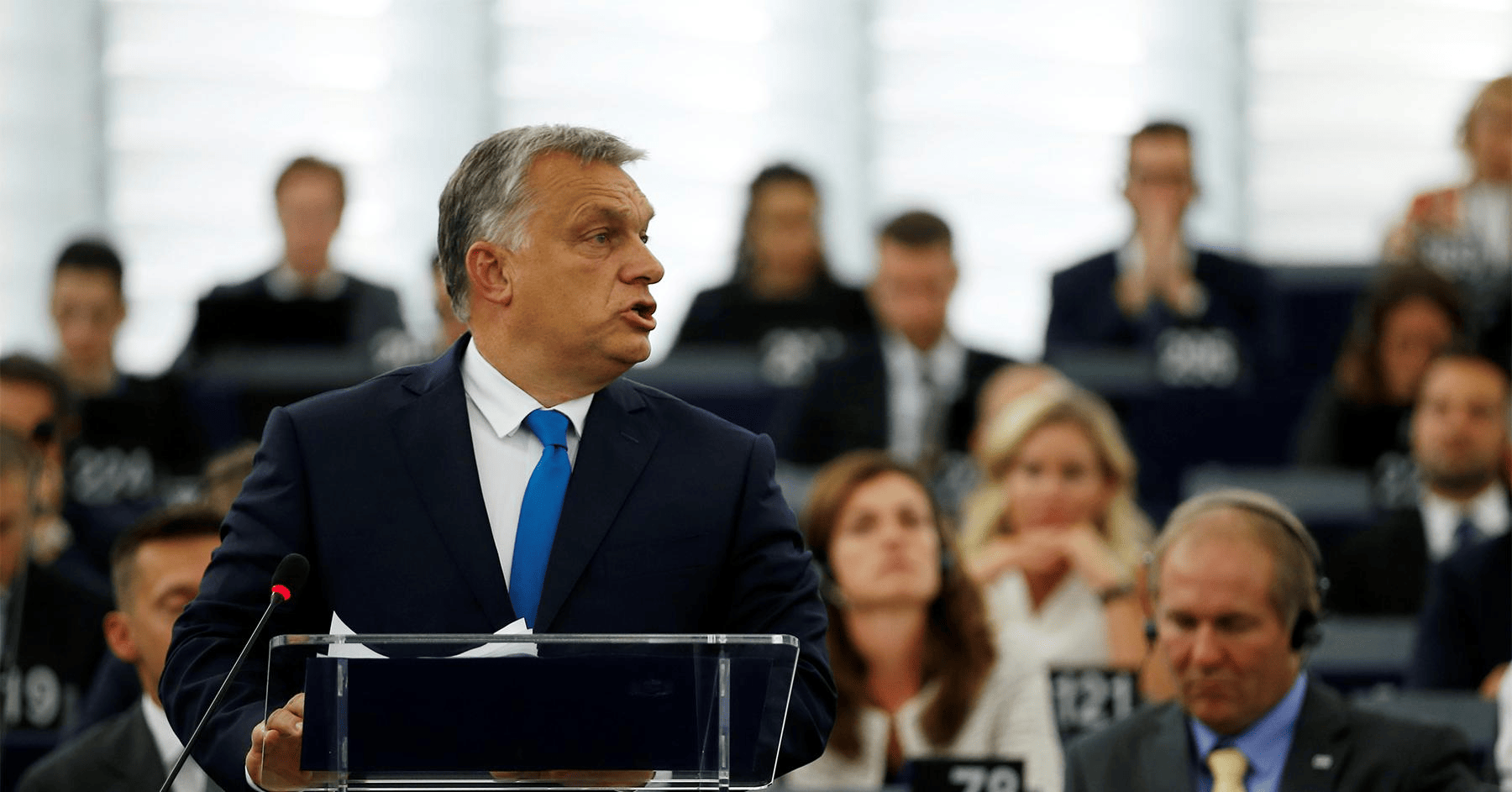A newly elected European Parliament has started its work in the European Union. The EU elections have shown a shift in the political sentiments of European society to the right. What does this mean for Ukraine? Will Viktor Orban gain power in the European Parliament, and what does his visit to Moscow signify?
The European Parliament’s Stance
The European Parliament held its first plenary session after the elections. Will the course of this institution towards supporting Ukraine change during this term?
During the first plenary session, a special resolution on Ukraine was voted on. We can call this a test vote as it allowed us to see how many votes will support Ukraine in this parliament. The results are positive – 73% of all votes were in favor of Ukraine and this resolution.
Moreover, this resolution clearly continues our policy. But simply continuing our resolution is not enough.
Obviously, over the past two and a half years, Western support, including EU support, has allowed Ukraine not to lose the war, but it was not enough to win.
Europe needs to modernize our financial support. Military support needs to be increased two to three times so that Ukraine can start winning against Russia. This should become a goal for this new European Parliament.
EU Expansion Program
In parallel with this, the EU expansion program, which would allow Ukraine to join the EU by the end of this decade, should become more ambitious. It is no secret that besides those 73-75% who support Ukraine, there is some growth of so-called far-right groups. Some of them show clear friendship with Putin. They are not numerous, but they can make noise. We need to be prepared for this.
But this will not create significant obstacles. On the contrary, the shift in the political constitution of the European Parliament to the right will allow us to strengthen both the security and defense policies of EU support for Ukraine.
Right-Wing Groups’ Positions
If some far-right groups undoubtedly support Putin, such as the “Patriots for Europe,” other far-right groups, such as the “European Conservatives and Reformists,” are strong supporters of Ukraine.
It is also important to note that in the European Council, the majority is shifting to the hands of the “European People’s Party” (EPP). Currently, half of the prime ministers and presidents in the European Council belong to the EPP, and this number may increase.
Thus, the EPP is becoming the dominant political party in the entire European Union. The EPP is traditionally very strong in matters of defense, security, and Ukraine.
Pro-Russian Faction in the European Parliament
The European Parliament has seen the emergence of the third largest faction with a pro-Russian position, the “Patriots for Europe.” Are there plans to seek consensus with this political group?
For now, there are no such plans. Currently, a so-called “sanitary cordon” is being built, and we are not allowing them to gain any serious positions in the European Parliament. These “Patriots for Europe” are not something new.
In the previous European Parliament, we had the “Identity and Democracy” group. Now they have changed their name – they have representatives from France’s Le Pen, Hungarian Prime Minister Viktor Orban, and members of the Czech populist party. However, there is nothing new here despite the new name. Their ability to influence decisions will remain almost at the same level as in the previous parliament.
Viktor Orban’s Visit to Moscow
Viktor Orban started his presidency in the EU Council with a visit to Moscow. What should Kyiv expect from these events?
The presidency of Hungary in the EU Council is a lost presidency. Do not expect anything serious. All of Viktor Orban’s activities bring the EU closer to understanding that this “Orbanization of Europe” must be stopped.
Because using the veto right to stop support for Ukraine and his “voyages” to various capitals is a clear violation of Article 4 of the EU Treaty, which requires sincere cooperation among member states and dedication to the main strategic goals of the European Union.
The European Union has defined its strategic goal – to help Ukraine win the war, and Orban is doing the opposite.


